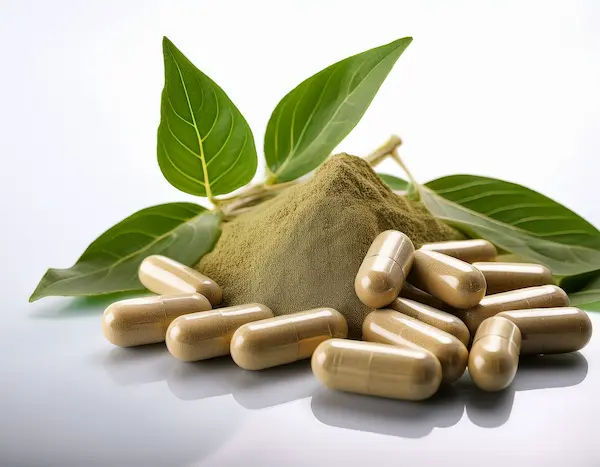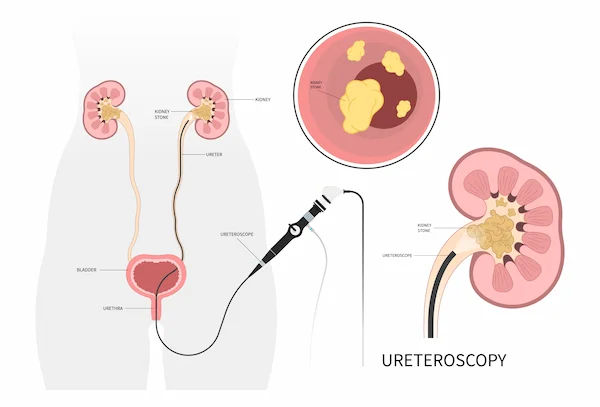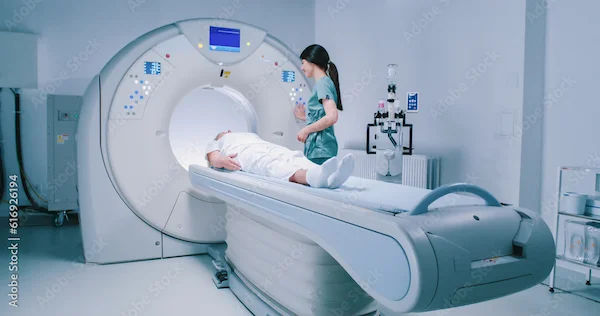Statins: Production, Benefits, and Cholesterol Management
Explore how statins work to lower cholesterol, their production, and key benefits. Learn who should take statins, possible side effects to watch for, and effective lifestyle tips to boost cholesterol management while on statin therapy.


Introduction
Cholesterol management is an essential part of maintaining heart health, and statins play a crucial role in this process. If you or a loved one has been prescribed statins, you may have questions about how they work, their benefits, and how they help control cholesterol levels. This article will explain everything in simple terms so you can make informed decisions about your health.
What Are Statins?
Statins are a group of medications primarily used to lower cholesterol levels in the blood. They work by reducing the production of low-density lipoprotein (LDL) cholesterol, often called "bad cholesterol," which can build up in arteries and increase the risk of heart disease and stroke.
Consult a Top Heart Specialist for the best advice
How Are Statins Produced?
Statins are synthesized (made) in laboratories, but some were originally derived from natural sources like fungi. For example, the first statin, lovastatin, was discovered in a type of mold. Today, most statins are chemically produced to ensure purity and effectiveness.
Common statins available include:
- Atorvastatin (Lipitor)
- Simvastatin (Zocor)
- Rosuvastatin (Crestor)
- Pravastatin (Pravachol)
These medications are available in different strengths and are prescribed based on individual cholesterol levels and risk factors.
How Do Statins Help Manage Cholesterol?
Cholesterol is a fatty substance that your body needs in small amounts, but too much LDL cholesterol can lead to plaque buildup in arteries, increasing the risk of:
- Heart attacks
- Strokes
- Peripheral artery disease
Statins help in three key ways:
1. Reduce LDL Cholesterol – They block an enzyme in the liver that produces cholesterol.
2. Increase HDL Cholesterol – They slightly boost "good cholesterol," which helps remove LDL from the bloodstream.
3. Stabilize Plaque – They reduce inflammation in arteries, preventing plaque from rupturing and causing blockages.
Who Should Take Statins?
Statins are commonly prescribed for people with:
- High LDL cholesterol
- A history of heart disease or stroke
- Diabetes (which increases heart disease risk)
- Metabolic syndrome (a combination of high blood pressure, sugar, and cholesterol)
Your doctor may recommend statins even if your cholesterol is only slightly high but you have other risk factors.
Benefits of Statins
Beyond lowering cholesterol, statins offer several long-term health benefits:
- Reduce heart attack and stroke risk by 25-35%.
- Slow artery damage caused by plaque buildup.
- Lower inflammation, which is linked to heart disease.
- May improve blood vessel function, helping blood flow smoothly.
Possible Side Effects
Like all medications, statins may cause side effects in some people, though most tolerate them well. Common side effects include:
- Muscle pain or weakness (rarely severe)
- Digestive issues (nausea, constipation)
- Increased blood sugar levels (minor risk for diabetes)
- Liver enzyme changes (monitored via blood tests)
If you experience muscle pain, inform your doctor; they may adjust your dose or switch medications.
Lifestyle Tips to Improve Cholesterol Alongside Statins
While statins are effective, combining them with healthy lifestyle changes can further improve heart health:
1. Eat a Heart-Healthy Diet
- Reduce saturated fats (found in red meat, butter, fried foods).
- Increase fiber (oats, beans, fruits, vegetables).
- Choose healthy fats (avocados, nuts, olive oil).
- Eat fatty fish (salmon, mackerel) for omega-3s.
2. Exercise Regularly
- Aim for 30 minutes of moderate exercise (walking, swimming) most days.
- Helps raise HDL (good) cholesterol and lower LDL (bad) cholesterol.
3. Maintain a Healthy Weight
- Losing even 5-10% of body weight can improve cholesterol levels.
4. Quit Smoking
- Smoking lowers HDL cholesterol and damages blood vessels.
5. Limit Alcohol
- Excessive drinking can raise triglyceride levels.
When to Consult a Doctor
If you:
- Have unexplained muscle pain while on statins.
- Experience yellowing of skin (jaundice) or extreme fatigue (signs of liver issues).
- Need personalized advice on cholesterol management.
Final Thoughts
Statins are powerful tools in cholesterol management, helping millions reduce their risk of heart disease. By combining medication with healthy lifestyle choices, you can take control of your heart health. Always follow your doctor’s advice and report any side effects promptly.
Consult a Top Heart Specialist for the best advice
Consult a Top Heart Specialist for the best advice

Dr. Anand Ravi
General Physician
2 Years • MBBS
Bengaluru
PRESTIGE SHANTHINIKETAN - SOCIETY CLINIC, Bengaluru

Dr. Tripti Deb
Cardiologist
40 Years • MBBS, MD, DM, FACC, FESC
Hyderabad
Apollo Hospitals Jubilee Hills, Hyderabad
Dr Moytree Baruah
Cardiologist
10 Years • MBBS, PGDCC
Guwahati
Apollo Clinic Guwahati, Assam, Guwahati

Dr. Zulkarnain
General Physician
2 Years • MBBS, PGDM, FFM
Bengaluru
PRESTIGE SHANTHINIKETAN - SOCIETY CLINIC, Bengaluru

Dr Nazneen Khan
Cardiologist
7 Years • M.B.B.S, M.D (MEDICINE), DrNB CARDIOLOGY
Pune
Apollo Clinic, Viman Nagar, Pune
Consult a Top Heart Specialist for the best advice

Dr. Anand Ravi
General Physician
2 Years • MBBS
Bengaluru
PRESTIGE SHANTHINIKETAN - SOCIETY CLINIC, Bengaluru

Dr. Tripti Deb
Cardiologist
40 Years • MBBS, MD, DM, FACC, FESC
Hyderabad
Apollo Hospitals Jubilee Hills, Hyderabad
Dr Moytree Baruah
Cardiologist
10 Years • MBBS, PGDCC
Guwahati
Apollo Clinic Guwahati, Assam, Guwahati

Dr. Zulkarnain
General Physician
2 Years • MBBS, PGDM, FFM
Bengaluru
PRESTIGE SHANTHINIKETAN - SOCIETY CLINIC, Bengaluru

Dr Nazneen Khan
Cardiologist
7 Years • M.B.B.S, M.D (MEDICINE), DrNB CARDIOLOGY
Pune
Apollo Clinic, Viman Nagar, Pune




.webp)